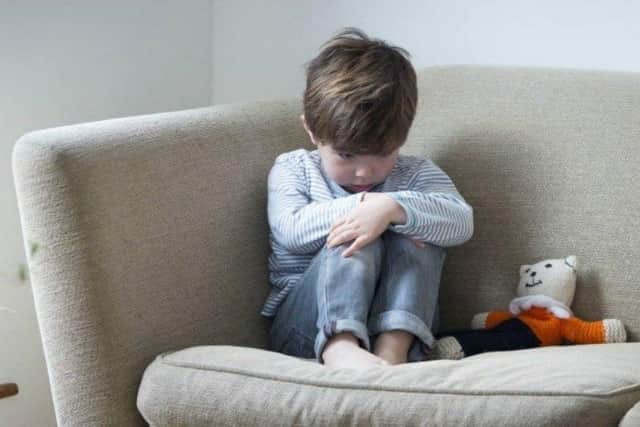Mental health Northern Ireland: Demand for children's CAMHS services has doubled since Covid pandemic - and is still rising
and live on Freeview channel 276
This week marked the first time the Department published quarterly Child and Adolescent Mental Health Service (CAMHS) waiting time statistics for Northern Ireland.
Since a low of 1,132 total ‘waits’ for children seeking an assessment at the outset of the pandemic, the number has been increasing, peaking so far at 2,388 by the end of March.
Advertisement
Hide AdAdvertisement
Hide AdThe Northern HSC Trust had the highest numbers of waits, 873, whilst the Western HSC Trust had the least, 313.


One campaigner for better mental health with young people sees a strong correlation between the figures and the pandemic.
Jay Buntin is Co-Chief Executive Officer of 'Pure Mental' a youth-led charity campaigning for mental health education and early intervention in schools.
He co-founded the charity in 2019 after seeing a "frightening" rise in poor mental health in young people across Northern Ireland, particularly in Lisburn where he went to school.
Advertisement
Hide AdAdvertisement
Hide Ad"During the pandemic there was a 24% increase in young people referred to CAMHS from Emergency Departments while 26% of young people were discharged before completing treatment," he said.
"This, coupled with the regular level of young people needing CAMHS, plus issues arising due to Covid is one potential explanation for the rise in demand.
"Another potential explanation is that the destigmatisation of mental health problems may account for an increase. There is a bigger picture at play, however, and these are just elements of it."
For those young people and their parents facing the challenge, he said, NI has "a wealth" of voluntary and community organisations which offer support, from crisis support, suicide prevention, and support with eating disorders and loneliness.
Advertisement
Hide AdAdvertisement
Hide Ad"Many links to these organisations can be found on our website or Family Support NI."
It was widely recognised during the pandemic that there was an increase in the number of young people facing poor mental health, he added.
"However, despite this recognition the necessary infrastructure and workforce have not been put in place to cater to this increase in demand for the CAMHS services and we are now seeing the fallout of this.
"These statistics are particularly alarming as they come at a time when in-school early intervention support - such as primary school counselling - have come to an end due to recent budget cuts.”
For mental health support see: